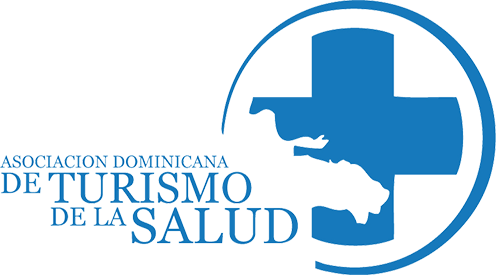- 15 de January de 2015
- Posted by: adtusalud-admin
- Category: News

Having norms and rules considered as best practices allow, in a poorly regulated market, to guarantee transparency, ethics and effective communication.
Health tourism is an important global activity that responds to a demand for high quality and safe health services with cost-effectiveness and immediate attention, since the long waiting lists and high costs of medical care in developed countries, as well such as the absence of specialized medicine and cutting-edge technology in some developing countries encourage many patients and companies to explore options outside their territory.
When deciding or recommending where international patients, companies, insurers and medical facilitators will receive health services, there are key factors that guide this decision, among which are quality assurance and legal aspects, so create a seal of local quality that identifies the qualified national providers that meet quality standards and that have the guarantees to provide health services to international patients is a priority, forming a destination guide where health centers with logistic capacity, language support are identified, infection prevention programs, patient-centered care, continuity of care, management protocols, as well as respect for the rights and duties of international patients of the American Medical Association and thus guarantee the safety and sustainability of health tourism in our Country is of great importance.
Additionally, international accreditation with Joint Commission International and the certification of international departments today play a leading role in being competitive in this market.
To take into account. Have an informed consent, a process where it is clearly expressed what the procedures to be performed will consist of, possible risks and benefits thereof, as well as the risks related to traveling by plane after surgery or medical intervention, making sure the service provider of Health that the patient has understood, authorized and signed the document before planning their intervention, is an indispensable mechanism for this activity.
Similarly, patients should know their rights and duties. In the event that a dispute occurs, it must be clearly determined where the conflict resolution will take place. In the Dominican Republic, the Center for Alternative Dispute Resolution, in the Chamber of Commerce and Production of Santo Domingo, is a favorable option, since conciliation and arbitration options are offered that are confidential, favoring dialogue and more expedited solutions than in the conventional legal system, since depending on the complexity of the case it can take years to resolve medical-legal conflicts.
Contracts with international insurers, self-financed companies (which assume the health risk of their employees), facilitators to doctors, countries, among others, must keep in mind, in addition to the attractive rates for both parties, clear conditions of how it will work the relationship between the parties regarding payment mechanisms, guarantee letter, operability, bilateral responsibilities, duration of the contract and grounds for termination, as well as if coverage applies to possible complications, competent jurisdiction and applicable law in case it is required to resolve any conflict between providers and insurer or service provider and patient.
In the country. The Dominican Republic has undergone major changes in the economic and social order as a result of globalization, and the health sector does not escape this reality, so it is vital to respect and modernize the existing national legislation framed in the General Health Law and other regulations , as well as favoring the creation of a regulatory framework for health tourism in order to have clear rules, norms, protocols.
There are initiatives to consider modalities such as free health zones, exequatur of investment favoring legal security to encourage and guarantee foreign investment in local territory, as well as technology transfer that promotes the development of Dominican medicine and serve as differentiating factors that Promote transparent and determined medical tourism, what experts understand will result in the requirements of certifications, accreditations and compliance with standards in raising the quality of health services for both local patients and international patients.
International agreements and conventions in the field of free trade present opportunities to be valued in terms of reducing tax burden, international investments in local centers favoring the modernization of the health sector, access to state-of-the-art technology and foreign capital raising. Other interesting market niches are the purchase of supplies, equipment, certifications, tele medicine, second opinion programs, among others.
In short, we are facing a great opportunity for the country that has the potential to favor the diversification of the tourism portfolio, create jobs, capture foreign exchange, strengthen the nation’s health indicators and our international image, so health tourism must be a national priority activity and have public-private and regulatory alliances that guarantee their planning, growth and sustainability.
Dr. Alejandro Cambiaso R. MD, MBA.
President Dominican Association of Health Tourism.



